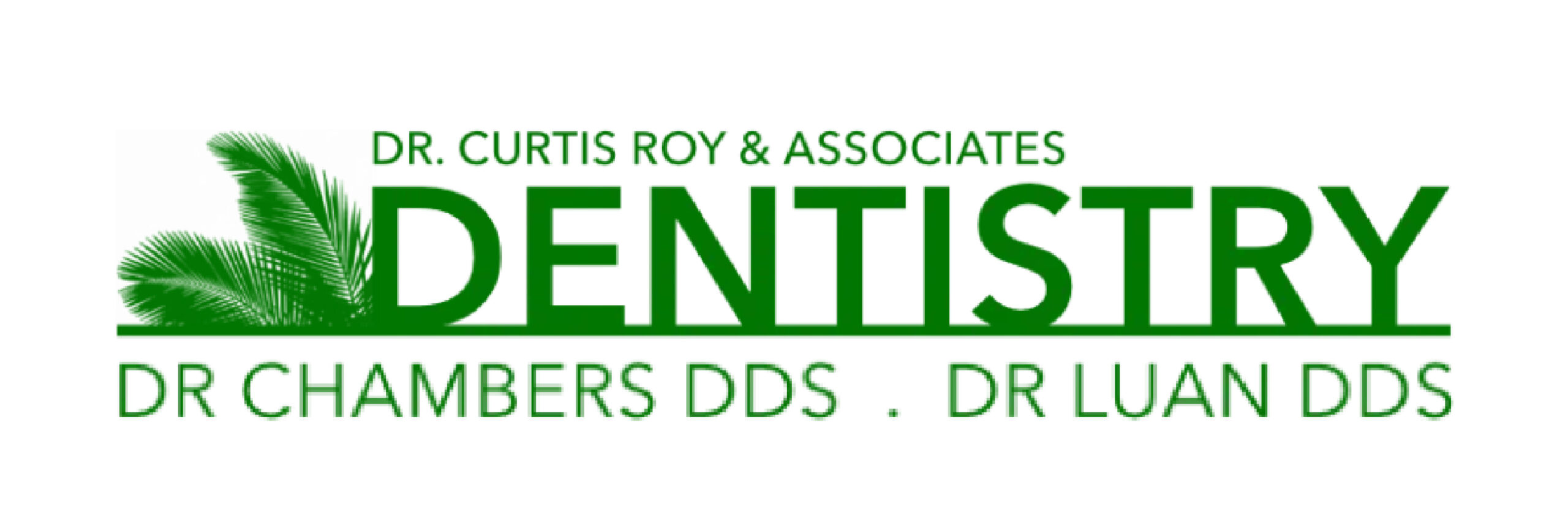Combating Bad Breath

Nip Bad Breath in the Bud
Bad breath is, well … bad. It’s bad for business, and it’s bad for pleasure. It’s a signal of bad manners, bad habits and bad health. It can leave a bad taste in your mouth, too. And you now what else is bad? You may have bad breath and not even know it!
It’s true. It’s just not the sort of thing our colleagues, customers or even friends and family want to tell us. So, it wouldn’t be a bad idea to ask someone you trust whether you have a breath problem. You might be surprised by their answer. Persistent bad breath could be a sign of an underlying infection or other health malady, and at the least, it’s a problem you’ll want to take care of for social concerns.
Concerned about Bad Breath? Contact Dr. Curtis Roy & Associates DDS in Lafayette, LA to schedule an appointment with a hygienist today.
Bad breath — or halitosis as it’s termed in the medical realm — could be caused by any number of factors. Following are some tips for preventing and treating bad breath.

Brush and Floss Regularly.
Food particles on your teeth and trapped in the crevices between your teeth encourage bacterial growth, which creates a foul odor. The more frequently you can brush and floss, the better.
Chew Gum.
Chewing gum stimulates the production of saliva and attracts food particles away from your teeth. Because sugar promotes tooth decay, we recommend the sugar-free varieties. Plus, the flavoring in gum helps to mask odors.
Brush or Scrape Your Tongue.
Many people skip this step during regular brushings, but your tongue can harbor a multitude of odor-causing bacteria. Simply use your toothbrush, or head to the dental care section of most any drug store and invest in a tongue scraper. These handy tools come in various shapes and styles and are highly effective at removing debris.
Use an Oral Rinse.
Read the labels, though. Many popular mouthwashes on the market serve only to mask odors temporarily. Make sure you buy a product that displays the word “antibacterial” on the label. And, if odor is a persistent issue, talk to your dentist about a prescription medical-grade rinse.
Watch Your Diet.
Certain foods do cause odor. The clichés are true. Onion and garlic odors really can linger for hours. Alcohol, too. That’s not to say you can’t ever indulge, but when you play, you pay. Just be mindful of what you ingest before that important business meeting or big date.
Don’t Smoke.
Tobacco products cause bad breath. It’s a fact.
Check Your Prescription Labels.
Bad breath is a common side effect of many medications. If “dry mouth” is a side effect, this too can cause bad breath. You should not stop taking a needed medication for this reason. But, if this problem is particularly bothersome to you, talk to your doctor or pharmacist about alternative medications that may work just as well without this pesky side effect.
Visit Your Dentist.
If you are practicing all the good habits outlined here and still the problem persists, that’s a bad sign. You likely suffer from gum disease or some other sort of oral infection. Your dentist will have to intervene through antibiotic therapy and/or a clinical procedure. The sooner you see your dentist, the sooner your infection — and the bad breath it’s causing — can be cleared up.
Image by Alexandr Ivanov from Pixabay
NOTE: The content on this blog is not intended to be a substitute for professional medical advice, diagnosis, or treatment. Always seek the advice of qualified health providers with questions you may have regarding medical conditions.


